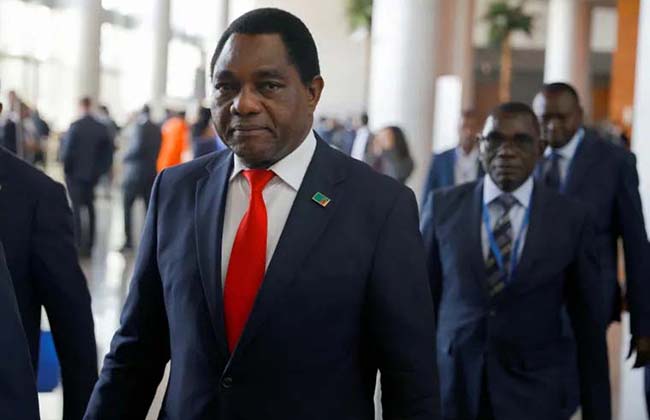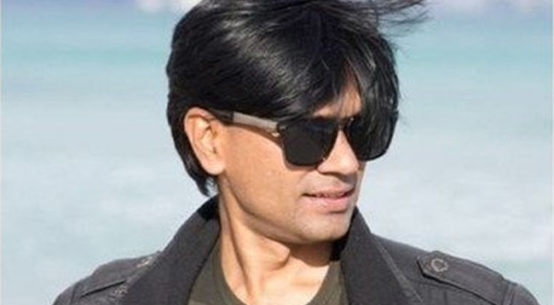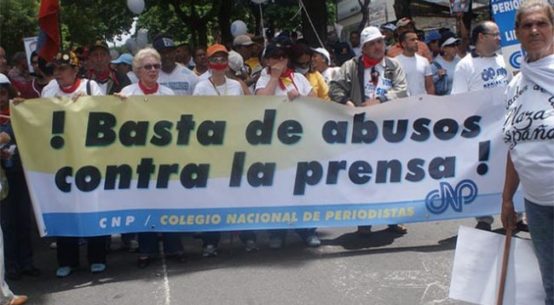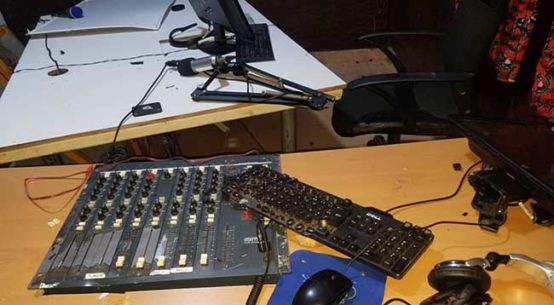
The Amnesty International and local human rights campaigners have demanded the immediate and unconditional release of Zambian-based investigative journalist, Thomas Zgambo on what it claimed: Tramped up charges warning that ‘journalism is not a crime’
The London-based civil society, founded in 1961, arguably seeking to publicise public violations of people’s rights by Governments and other entities that tend to flout their civil liberties as enshrined in the in the Universal Declaration of Human Rights, especially freedom of speech and conscience and the rights against torture, warned Zambian authorities against unjustified arrests.
Amnesty International’s Deputy Director for East and Southern Africa, Vongai Chikwanda, warned the Government against flouting of the rights of journalists, the fourth estate in governance and that the continued detention of Zgambo for ‘doing his job’ was wrong, given the freedom guaranteed to the victim as enshrined in the country’s constitution.
“Zambian authorities must immediately and unconditionally release journalist Thomas Allan Zgambo and stop targeting him simply for doing his job.” It said in a statement arguing:
Journalism is not a crime. In fact, Zambia’s Constitution guarantees the right to freedom of expression and media freedom” Chikwanda contends, arguing the noble profession was part of the democratic dispensation espoused after Zambia reverted to multiparty politics in 1991.
“Journalism is not a crime. In fact, Zambia’s Constitution guarantees the right to freedom of expression and media freedom. Authorities must uphold their constitutional and international human rights obligations and allow journalists to freely carry out their work.”
Zgambo, publisher and editor of the Whistleblower website and also founder of the Zambian watchdog, an investigative online publication, was arrested in the capital, Lusaka on 16 October while having a meal at a mall.
He was later detained at a police station in Ridgeway area, though not officially charged until afterwards when charges followed a publication of an article that was critical of some Government officials.
His arrest came on the heels of President Hakainde Hichilema reaffirmed his administration’s commitment to press freedom and the promotion of access to information which was gazette into law earlier.
The watchdog contended it should be upheld to the latter to allow accountability and transparency in governance and the ‘rule of law’ which the government assured upon assuming office on 12 August in 2021.
Zambian authorities have harassed and intimidated Zgambo in the past years. In August, police arrested him for two days before releasing him on bail on sedition charges following publication of an article calling for government transparency surrounding a rental property allegedly linked to President Hichilema.
In 2023, he was arrested twice for his critical reporting. In 2013, authorities charged him with sedition related to his coverage of then-president Michael Sata.
And the Zambia Institute of Independent Media Alliance (ZIIMA), a body representing journalists and related workers in the profession, echoed Amnesty International rallying cry for Zgambo’s release with the campaigners calling for unconditional release of journalist Thomas Zgambo.
The Committee to Protect Journalists (CPJ) urges Zambian authorities to release Zgambo unconditionally and that the action to detain him without charge violates his rights.
“Zambian authorities should drop all criminal cases against investigative journalist Thomas Zgambo and allow him to work freely,” said CPJ Africa Program coordinator Muthoki Mumo, in Nairobi, arguing against the Government’s resolve to uphold the rule of law.
“The judicial harassment of Zgambo exposes the emptiness of President Hakainde Hichilema’s repeated commitments to press freedom.”
When CPJ visited Zgambo in a police cell on October 17, he said that the police noted his alleged offense as criminal libel while recording his arrest at the station. Zgambo’s lawyer, Jonas Zimba, confirmed to CPJ that his client had not been charged.
He contends that the arrests were masterminded and meant to sway his liberty to report the truth.
“These persistent arrests over my reporting are meant to silence me so that I begin to report positively about the government,” Zgambo told CPJ from his police cell.
CPJ claims despite repeated requests for a comment from the Presidency’s spokesperson Clayson Hamasaka, and police spokesperson Rae Hamoonga failed to materialize.
ZIIMA consultant, Wilson Mpondamali, describing the arrests as “Gestapo-style”, where the state is alleged to be targeting individuals with opposing views, expressed concern over the disregard for the constitutional rights of Zambians.
“The frivolous charge of criminal libel, which the police claim is the reason for Zgambo’s arrest, contradicts the UPND and President Hakainde Hichilema’s commitment to respecting citizens’ rights. Every matter should be thoroughly investigated before an arrest is made,” Mpondamali stated. He warned those issuing such directives that their actions would not go unnoticed.
“We will not tolerate the arbitrary arrest or violation of media personnel. If the UPND continues down this path, we may be forced to campaign against them,” he warned.
Mpondamali urged Inspector General of Police Graphael Musamba to resist illegal instructions and immediately release Zgambo, dropping all charges against him.
President Hichilema used press freedom as his tranpcard for ascending to power after the 21 August elections. He had pledged to respect freedom of expression and media freedom once his administration assumed power, which according to reports is a different situation at the moment.
Amnesty in its recent report argued that the Hichilema administration was pursuing opposition leaders, journalists, media houses and activists for speaking out against the government.




